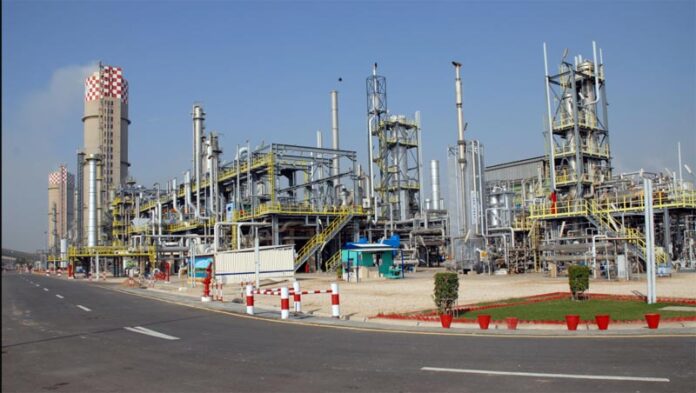The Appellate Tribunal Inland Revenue (ATIR) has directed Fauji Fertilizer Company Limited to deposit Rs18.89 billion, collected under the Gas Infrastructure Development Cess (GIDC), into the government treasury along with the applicable default surcharge.
According to a news report, the judgment, issued by ATIR Islamabad, focused on the interpretation of Section 5 of the GIDC Act, 2015, and Section 34 of the Income Tax Ordinance, 2001. The case stemmed from an appeal filed by Fauji Fertilizer challenging an earlier decision by the Commissioner of Inland Revenue (Appeals-I), Large Taxpayers Office, Islamabad, regarding the tax year 2018.
The tribunal highlighted the fiduciary obligation of the company, stating that once the cess was collected from customers on behalf of the government, it must be promptly deposited in the federal treasury. “The company is not entitled to withhold the payment or use it for its own purposes,” the tribunal emphasized.
The tribunal also clarified that while the revenue department had incorrectly disallowed the expense under Section 5 of the GIDC Act, the company similarly misinterpreted the provision to justify its claim. However, the tribunal acknowledged the company’s right to claim the expense under Section 20 of the Income Tax Ordinance, as it was incurred exclusively for business purposes.
The judgment further noted that the company’s accounting practices aligned with International Accounting Standards (IAS 37), as it had appropriately recorded the liability for GIDC upon billing and with reasonable accuracy. The tribunal observed that the cess, having been passed onto customers, constituted a liability that must be remitted to the government.
For other additions confirmed or remanded by the Commissioner of Inland Revenue (Appeals), the tribunal ordered that these matters be referred back to the assessing officer for reconsideration. It directed the officer to issue a final decision within two months, ensuring due process by providing an opportunity for the appellant to present its case.
The ATIR’s ruling underscores the legal and ethical obligations of companies handling public funds and calls for adherence to established financial and tax regulations.
























